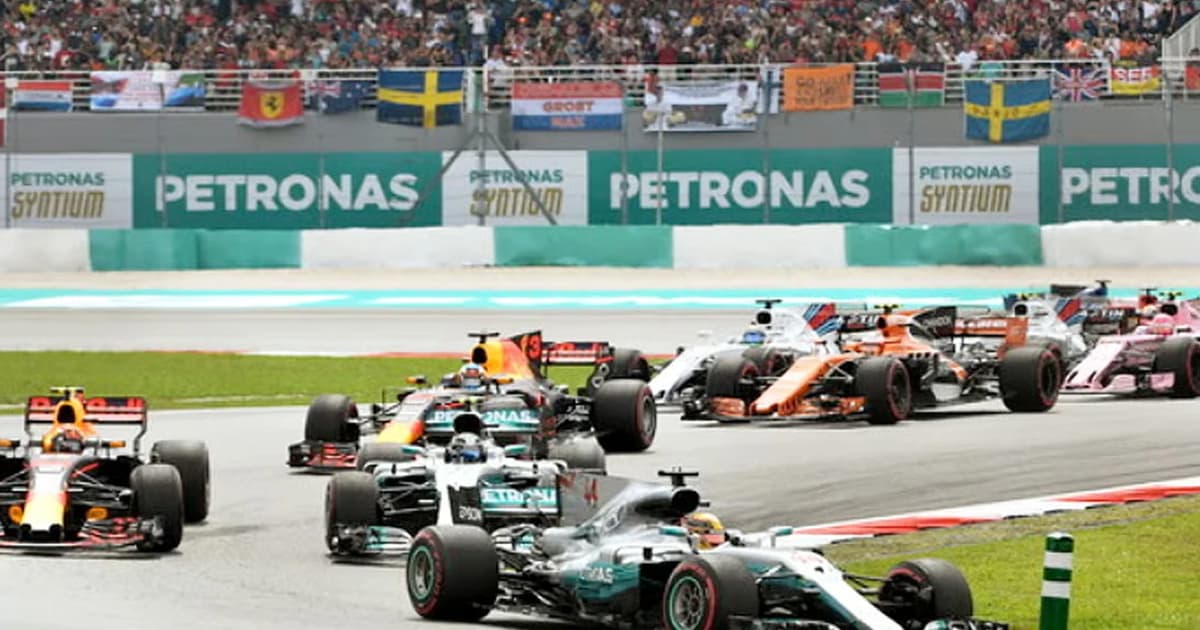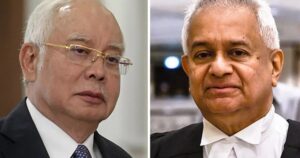
Sepang International Circuit (SIC) CEO Azhan Shafriman Hanif has not ruled out the possibility of a Formula 1 (F1) comeback in Malaysia, but says this will not take place without serious funding, strategic planning and nationwide commitment.
“Even if we plan this, it could be in the next three to five years. (It’s) because of the planning, because of the funding, and because of the coordination that we need to within ministries and also corporate companies.
“But it can happen, I believe it can happen,” Azhan Shafriman told Bernama in a recent interview.

Malaysia, which joined the F1 calendar in 1999, last hosted an F1 Grand Prix in 2017.
Its neighbour Thailand is set to debut on the calendar in 2028, while Singapore is continuing its popular night race.
“If that happens, we’re going to be stuck between Singapore and Thailand on the calendar,” Azhan Shafriman said, noting the geopolitical and commercial significance of regional positioning.
He said SIC was ready to coordinate a potential comeback, acting as a bridge between government stakeholders and the F1 management.
However, two major challenges persist: securing a slot in the tightly packed 24-race calendar, and obtaining sufficient funding.
Right now, that calendar is already full, with more countries waiting in line.
“We are still in discussions with them (F1), building trust. They want to come back here, but the questions are: who’s going to fund it and where do we fit in the calendar… there’s always that element of luck,” Azhan Shafriman said.
“The direction that I see now, F1 is moving towards street racing as compared to permanent circuits. But then again, for racing, Sepang makes sense because it is built for F1.”
The last time Malaysia organised F1 events in 2017, the country paid associated fees of between US$50 million and US$55 million.
Azhan Shafriman also noted the issue of affordability and that of fan expectations.
“Whether there is a slot open for us to come back is one question. But the public also needs to consider that ticket pricing will be expensive if they want F1 to return,” he said, adding that F1 has always been associated with a premium price tag.
“Now and before, ticket prices have always been high for F1. It has always been more expensive than MotoGP (the world’s premier motorcycle racing championship). And we’ve hosted both, we know the difference.
“A lot of people want F1 to come back. But the real question is, when we sell the tickets, will there be any take-up?”
Nevertheless, he also noted the tourism and economic benefits of international events like F1 and MotoGP.
According to an economic impact study by SIC, a single international spectator contributes over RM7,700 during a seven- to 10-day stay in Malaysia, a figure that scales up rapidly with attendance.
“For 2022 and 2023, the return was about 3.5. Last year, it went up by double… about six, almost six,” he said, referring to the return-on-investment multiplier for MotoGP.
“Our neighbours are doing it… Singapore, Thailand, even Indonesia. And if we don’t step up, we are going to lose more ground,” he warned.






